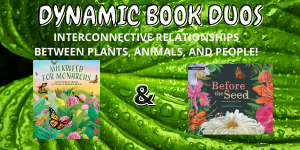
Please welcome authors Christine Van Zandt and Susannah Buhrman Deever to Dynamic Book Duos – a blog featuring two books that pair together in a meaningful way along with educational activities to strengthen reading skills. This week’s pairing focuses on the interconnective relationships between plants, animals, and people.
PERFECT PAIR:
Both books have lyrical texts that are supported by facts and accompanied by gorgeous illustrations. Readers will learn about the important, interconnective relationships between plants, animals, and people. The uplifting messages encourage exploration of the natural world around that may lead to becoming environmental stewards and citizen scientists.
While lovely when read aloud, the STEM-filled sidebars and back matter also lend themselves to further home or classroom discussions.
Book 1: Milkweed for Monarchs
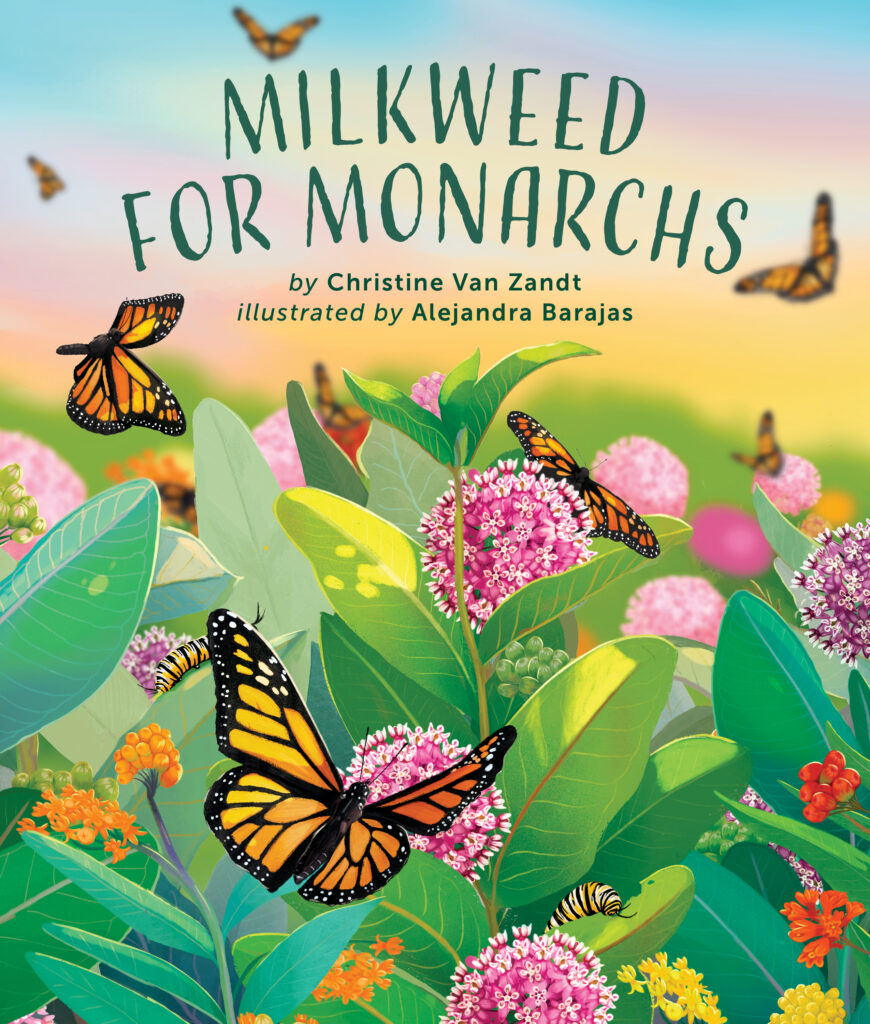
Every year, monarch butterflies migrate to warmer climates for overwintering months. However, changing environments make it continually more difficult to find food and places to lay eggs. In this nonfiction picture book, the monarch’s life cycle is detailed in lyrical verse as stunning art accompanies each stage in the butterfly’s life.
Book 2: Before the Seed: How Pollen Moves
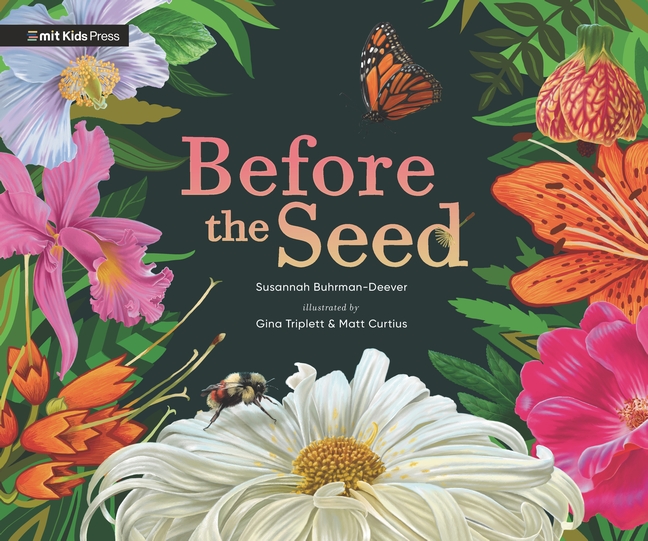
We live in a world of green that grows from seeds. But before there are seeds, pollen has to move. It is carried by wind and water, on feathers and fur. It clings to tongues and toes and is dusted on wings. Discover the beautiful diversity of pollination that helps to grow our world of green.
EDUCATIONAL ACTIVITIES:
Activities for Milkweed for Monarchs:
Activities for Before the Seed:
Activities for Both Books:
Insect Hunt:
Go on an insect hunt. Look for insects on the plants around you. Watch them closely but be careful not to touch them or remove them from their natural habitats.
What are they doing? (Eating, making a home, etc.)
Draw picture or write down what you discovered.
Share with a partner or as a classroom.
Ecosystems:
An ecosystem is made up of all the living and nonliving things in one place. As can be seen from these books, the animals and plants in an ecosystem are connected to each other. People are part of the ecosystem too. You are connected to the plants and animals where you live.
Think about all the different plants and animals around you.
How are you connected to them, both in helpful ways (providing food, shelter, etc.) and harmful ways (pollution, habitat loss, etc.)?
How can you help take care of the living things around you?
Design a Garden:
Research native plants from your area that insects need like milkweed for monarchs. Some places to get started: Pollinator Partnership (https://www.pollinator.org/guides) and the Xerces Society for Insect Conservation (https://xerces.org/pollinator-conservation/pollinator-friendly-plant-lists).
Use the information from your research to design an insect-friendly garden.
Draw a picture of your garden or write a poem about it. (A poem doesn’t have to rhyme.)
Explain to a partner or to the classroom why you chose the plants you did and how those plants help insects.
MEET THE AUTHORS:
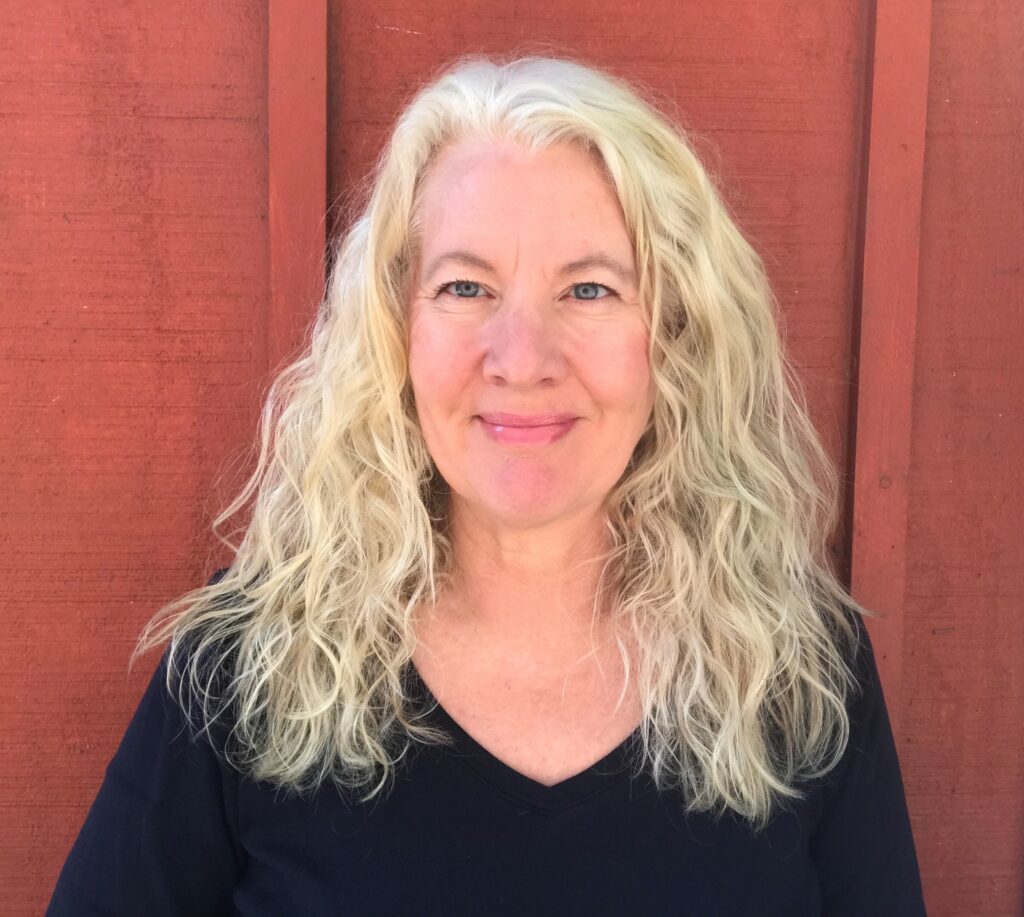
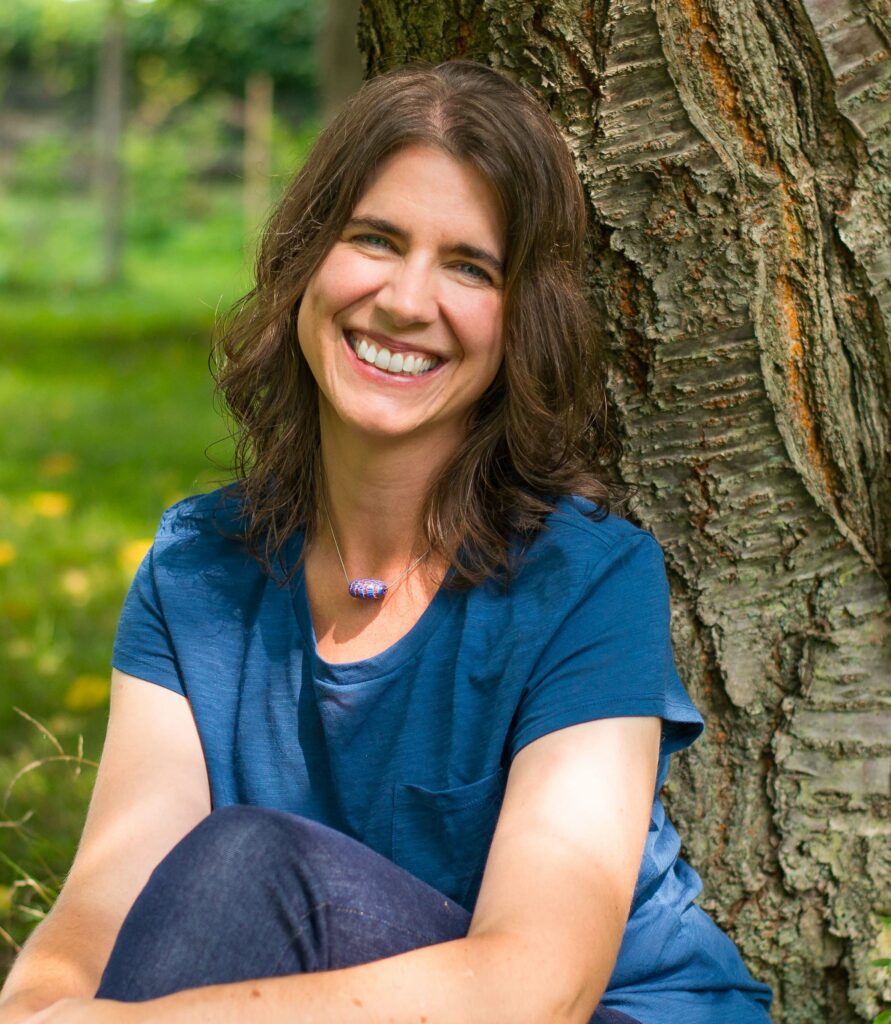
Photo Credit Joslin Buhrman
The post Dynamic Book Duos: Interconnective Relationships Between Plants, Animals, and People appeared first on Suzanne Jacobs Lipshaw.